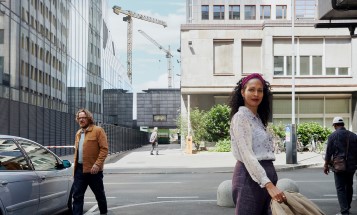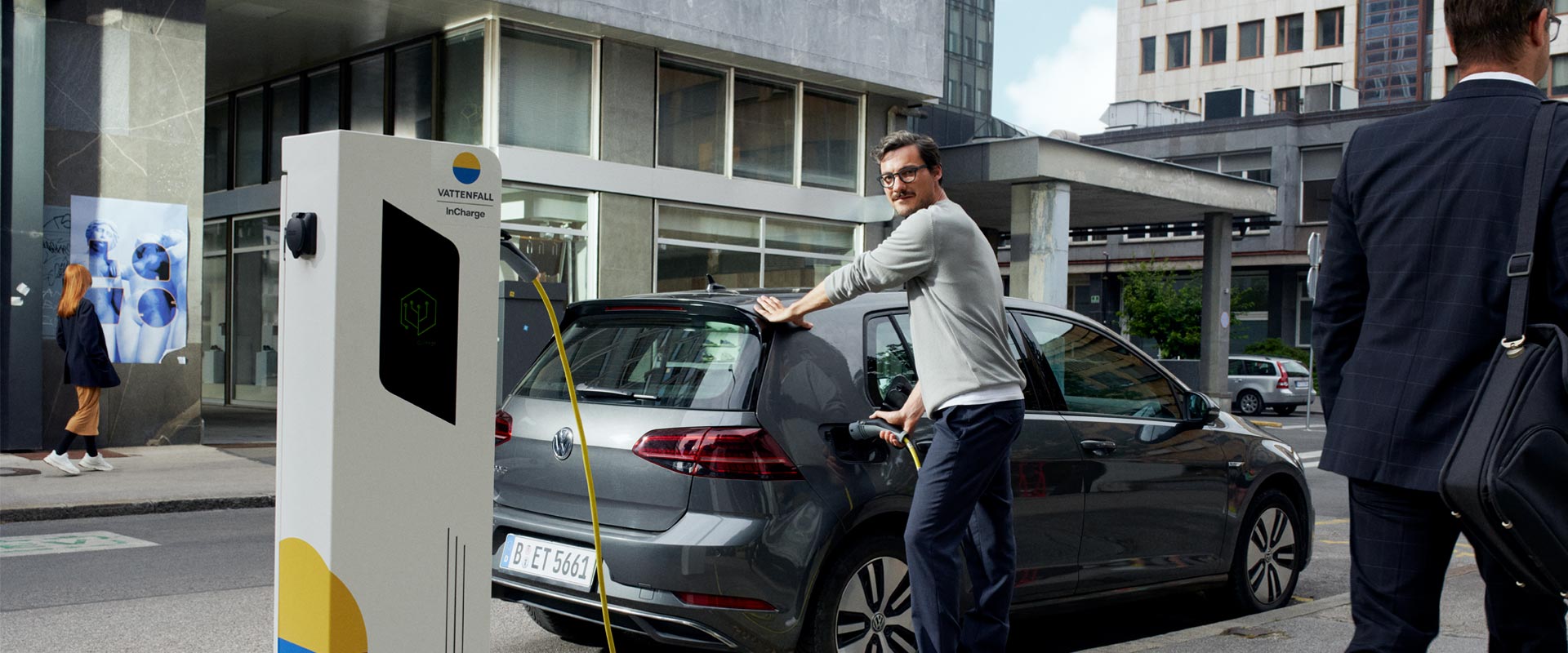
Helping our traffic break free from fossil fuels
Our traffic is trapped in an addiction to fossil fuels. Discover how we’re helping it break free by installing and operating thousands of regular and fast charging points and electrifying delivery fleets.
On the road towards fossil freedom
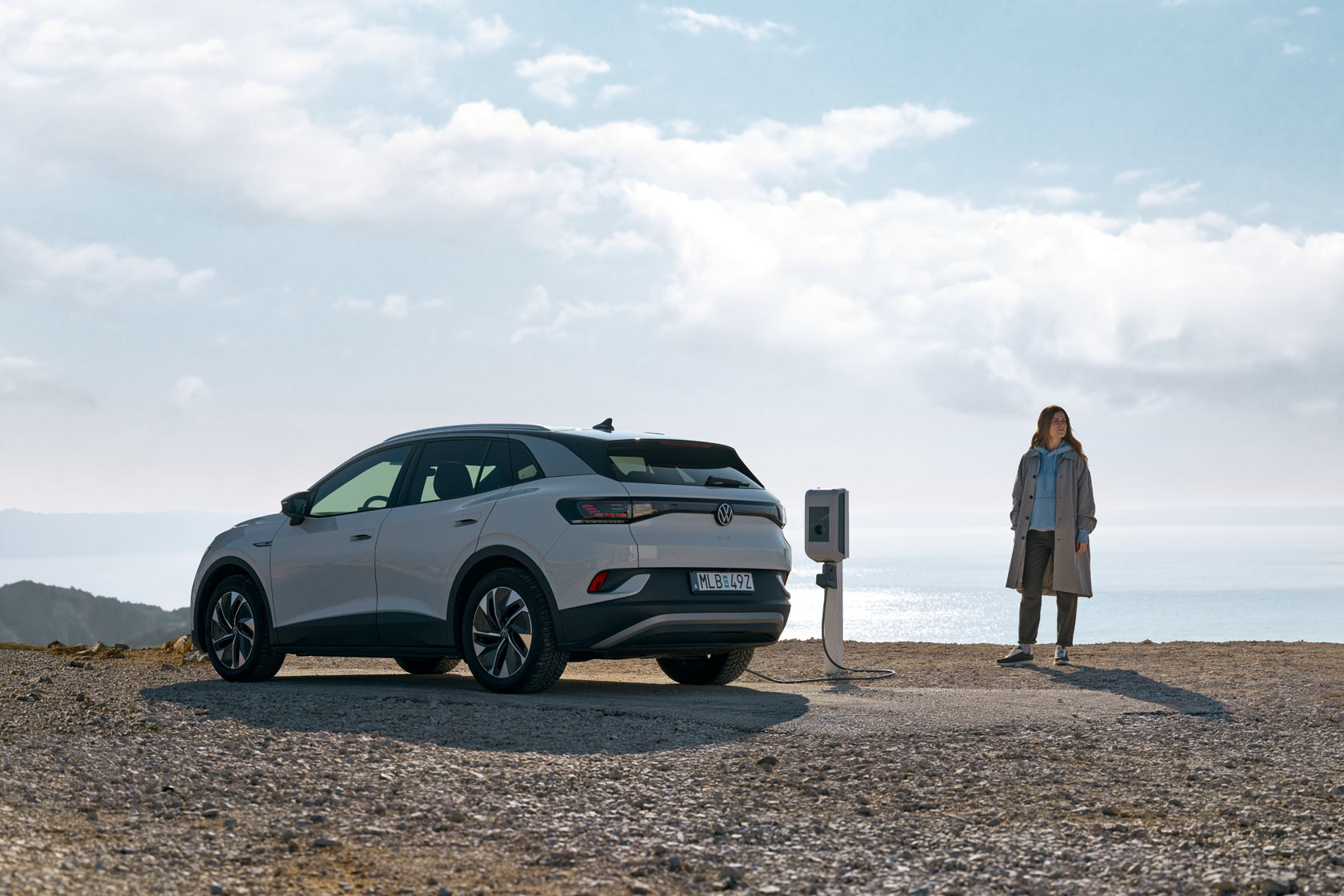
According to Statista, the transportation sector accounts for 20 % of global CO2 emissions and is the second-largest carbon-polluting sector worldwide. This means that e-mobility and the fossil free electrification of the transport sector will play a huge part in helping society break free from fossil fuels.
To speed up the transition to e-mobility and meet the growing demand for electrical charging, we need to provide an easily accessible charging infrastructure – along the road, at businesses and at home. That’s why we created our charging network InCharge through which we install and operate private, public and semi-public charging points in Sweden, the Netherlands and Germany. It’s one of the areas that we’re working in to achieve a future where everyone can choose fossil free ways to move, make and live.
One of Europe’s largest charging networks
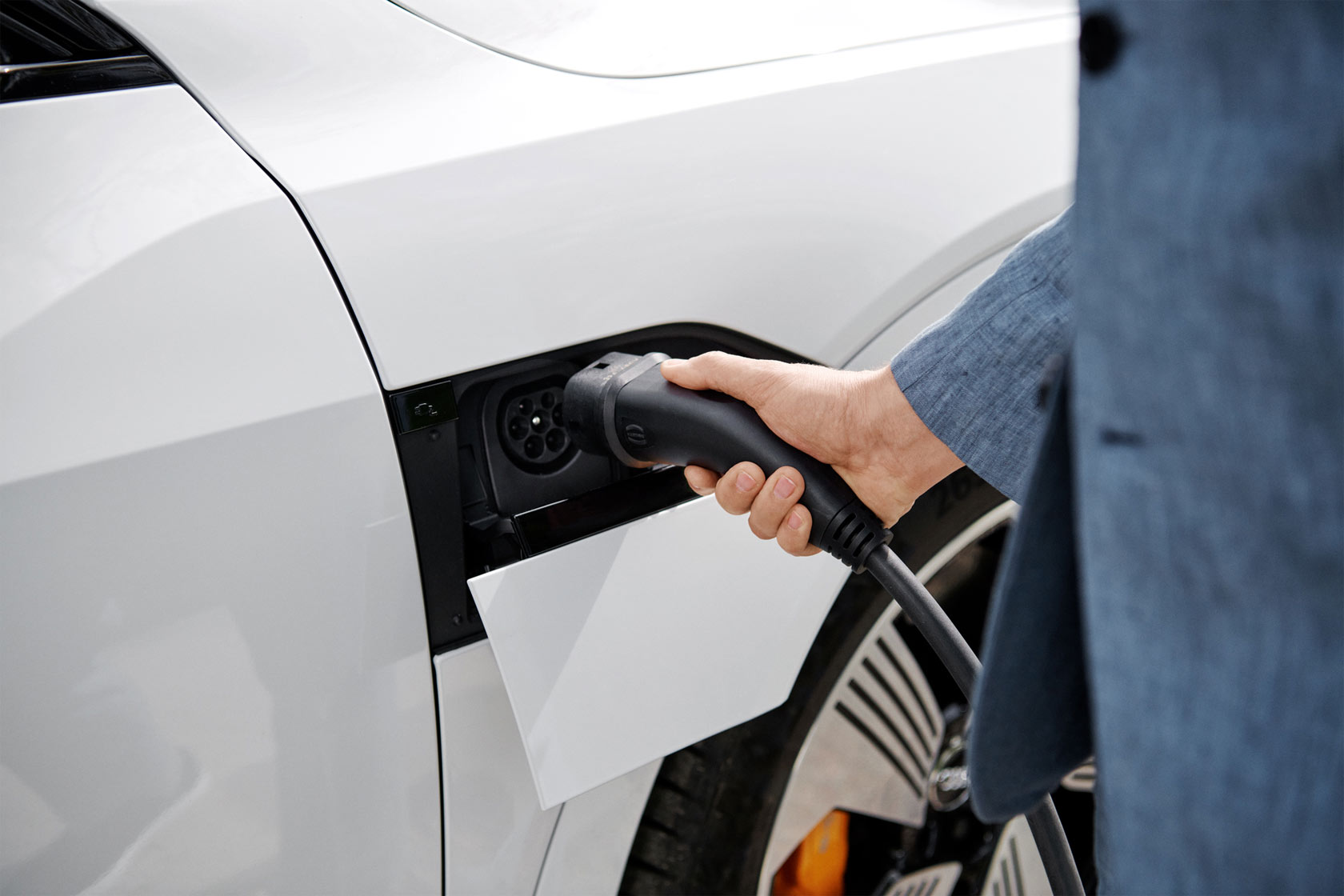
The Vattenfall InCharge network is making an impact on e-mobility across North-Western Europe. In the Netherlands, we operate one of the largest public electric vehicle charging point networks. In Sweden and Germany, together with partners, we keep building public and semi-public charging stations.
In total, Vattenfall operates more than 51,000 charging points in North-Western Europe and the number is growing rapidly. Around 800,000 charging processes take place at these stations every month - proof that electric driving is becoming the new normal.
Massive investment in public charging facilities
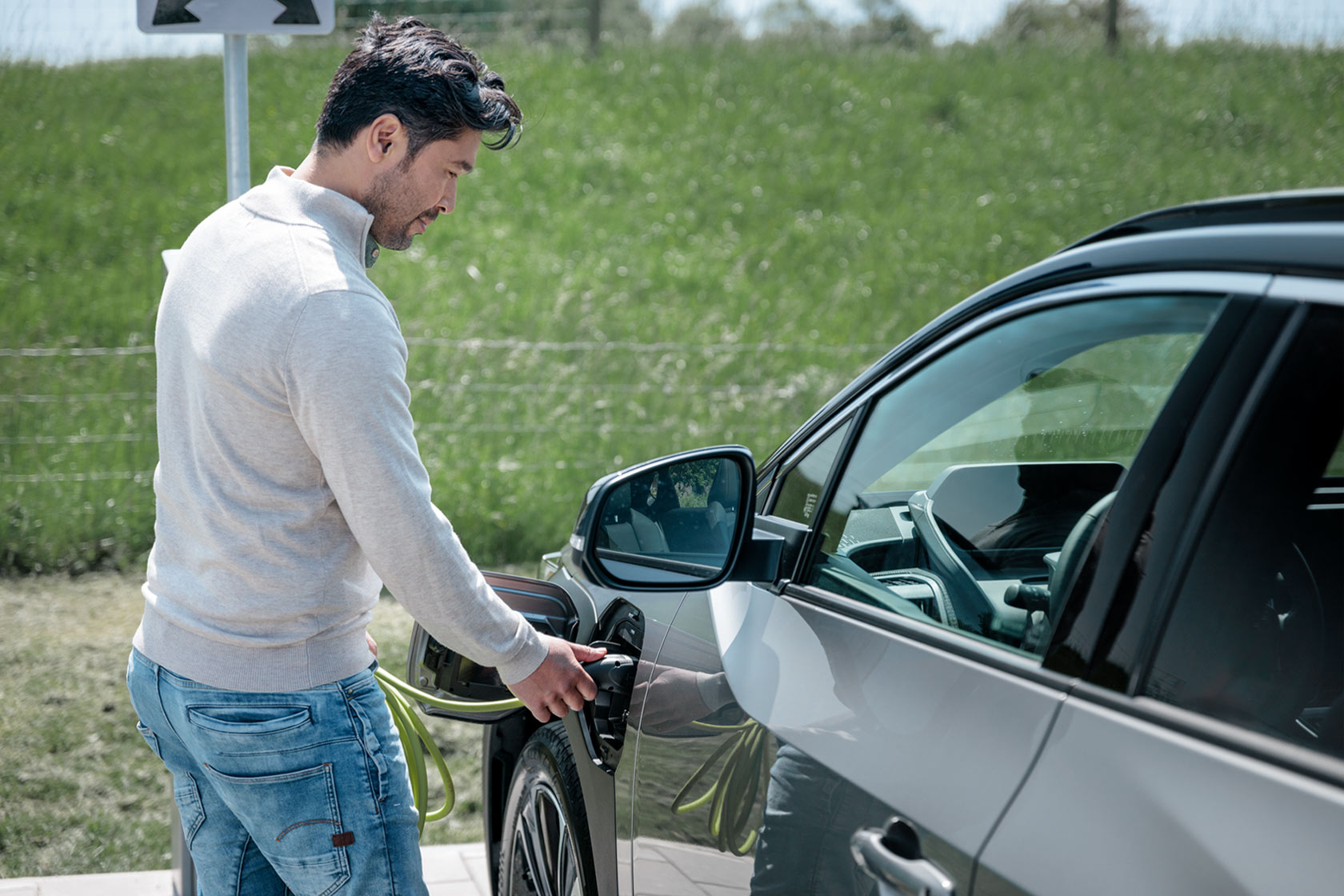
Over the next five years, Vattenfall is investing 750 million euros in the expansion of charging stations in Sweden, the Netherlands and Germany. Two thirds - i.e. half a billion - will be invested in the expansion in Germany.
The focus is on the expansion of charging stations at so-called location partners. Location partners are companies with publicly accessible car parks that want to offer their customers uncomplicated charging while they are shopping, visiting a restaurant or staying in a hotel.
Smart charging to avoid grid bottlenecks
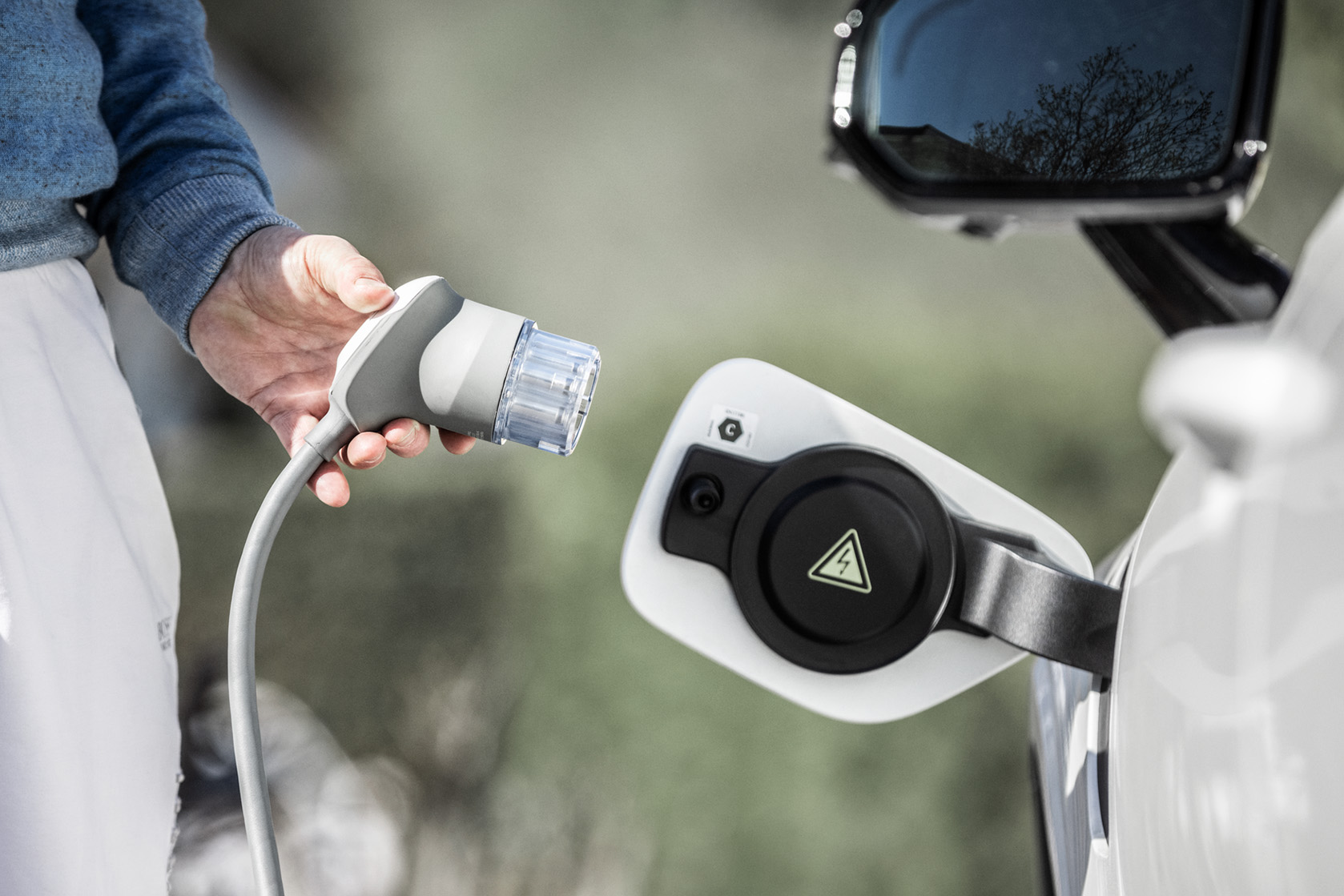
As the demand for e-mobility gathers pace, we need to make it even easier to make the switch to fossil free transportation. At Vattenfall, we are working on many projects that will lead the way forward and solve some of the challenges that we face today when it comes to making the switch.
Vattenfall InCharge, together with two other operators, will install and manage up to 35,000 public charging points in the Dutch provinces of North Holland, Flevoland and Utrecht over the next four years. To this end, the project organisation MRA-Elektrisch has issued a tender on behalf of 74 municipalities. The first charging stations could be in place as early as mid-2024.
The tender considered the overloading of the electricity grid in the regions, also known as grid congestion. The electricity grids need to be strengthened, but such an expansion takes time. As a result, the grid must be utilised more efficiently in the meantime.
This is why Vattenfall's charging stations support smart charging, where the charging process is adjusted according to the grid load or the electricity price. This allows Vattenfall to temporarily reduce the power of charging stations at points in the grid where the demand for electricity is temporarily too high, e.g. during the evening peak when everyone is travelling home.
Vattenfall is currently doubling the number of charging stations in Stockholm. Since the City of Stockholm decided in 2017 to invest heavily in public charging for electric cars, over 4,000 new public charging points have been installed in the capital. 400 of these are located on so-called charging streets, where numerous charging stations are lined up in a row. 252 of these stations are operated by Vattenfall.
Electrified fleets on the road towards fossil freedom
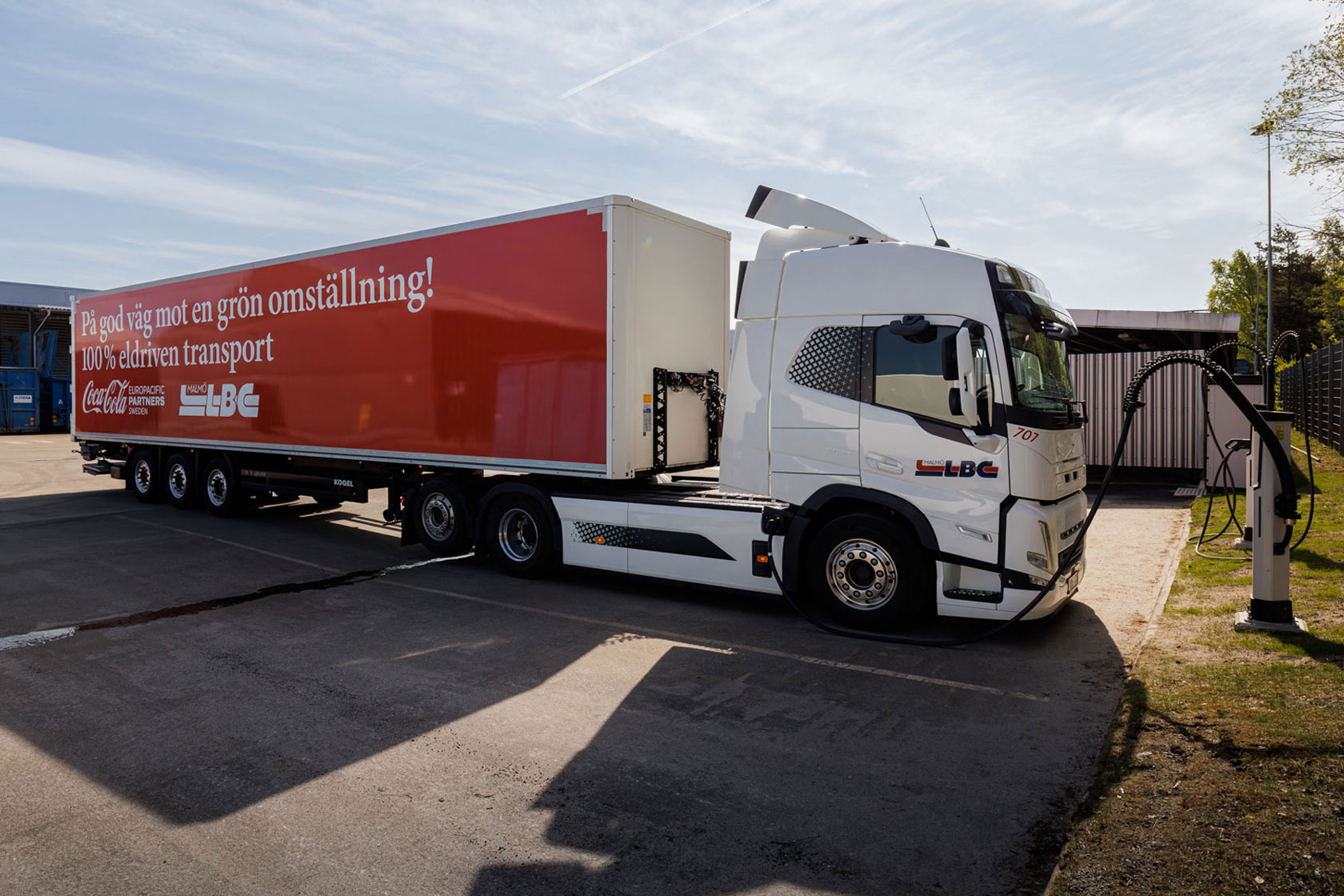
Electrifying fleets of heavy goods vehicles are a key part of the shift towards fossil freedom. In Sweden, Vattenfall and Coca-Cola have partnered to invest in electric operation of heavy goods vehicles. This means that three truck charging stations will initially be installed at Coca-Cola Europacific Partners' plant at Jordbro outside Stockholm.
The initiative works well with Coca-Cola’s aim to reduce emissions from their company vehicles and Vattenfall’s goal of working for fossil freedom.
Want to know more?
Find out more about this topic here.



